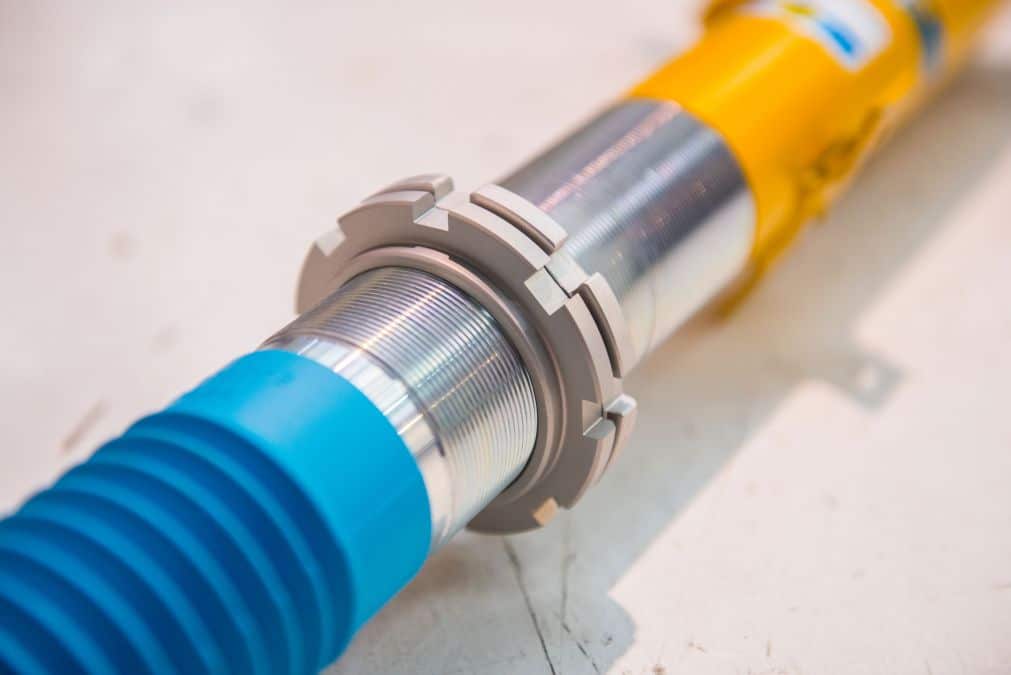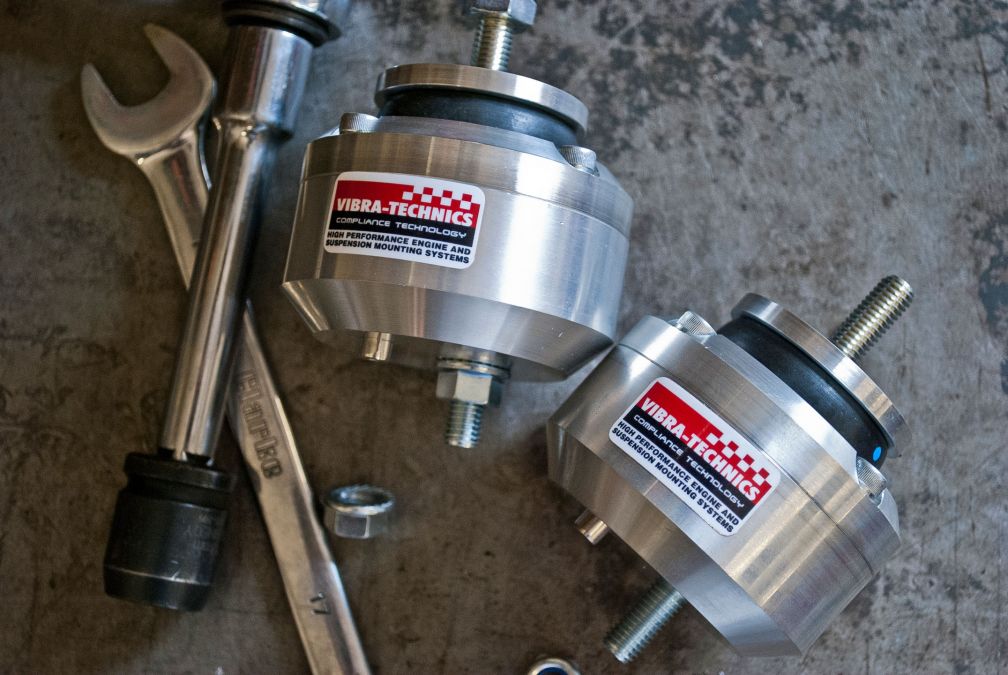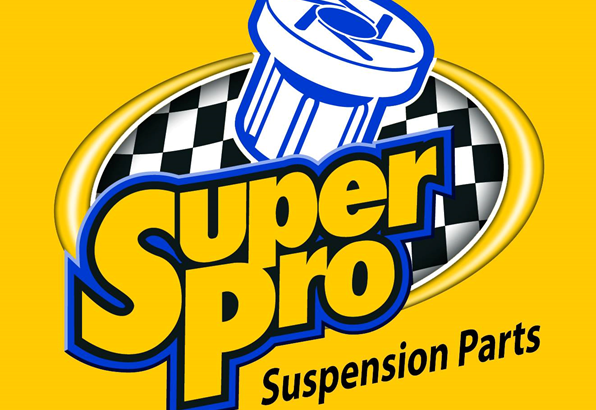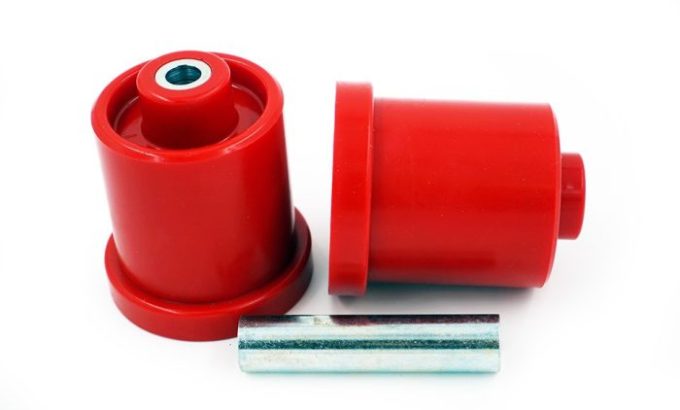The organisation tasked with keeping tuned cars legal.

keeping tuned cars legal – Somewhere along the line modified cars, and the people who own them, got a terrible reputation. But the shoddy bodykits, extremely loud exhausts and cheap coilovers that you see on cars crawling around fast food restaurant car parks or speeding down high streets are only a tiny proportion of aftermarket tuning, even if that is what most people think of.
Less popular with the mainstream media than this caricature is an entire industry of reputable companies making and supplying exceptionally well-engineered parts and tuned vehicles. Yet, for many the entire aftermarket industry is seen to exist just to create cars that annoy old ladies and keep you awake at night.
This reputation is actually quite dangerous for the whole tuning industry. Without a proper understanding of the modifying and engineering companies that make up the aftermarket, officials who are tasked with creating legislation around modifying road cars could be influenced by this false reputation.
To fly the flag for modified cars and bolster the reputation of the businesses involved, a collection of UK aftermarket companies have set up the Performance Automotive Aftermarket Association (PAAA). The group includes suspension, spring, bush, exhaust and seat manufacturers as well as companies that tune and remap cars.

To get a better understanding of why the association needs to exist we decided to have a meeting. We’re meeting with Greg Kirby from Eibach, David Power of PowerFlex and Jonathan Douglas from ITG, three of the PAAA’s five board members.
Kirby explains what prompted the creation: ‘It was a particular piece of legislation surrounding the periodic technical inspection. Within that document there was this ambiguous statement: “The tester must ensure that all parts comply with the manufacturer’s original specification.”
‘And you sort of think about that for a minute. That’s to get your car an MOT, to get your car legal for the road and your insurance.
‘We were mortified by this. Our springs are a different rate for a good reason. We’ve all engineered our bits to be different. And this, if interpreted to the letter, means our whole industry just [clicks fingers] collapses.’
Without a body representing aftermarket tuning companies where do legislators learn about what’s being done to tune cars? And where do they find out what’s safe and what should be legal?
‘The danger is that they say, “So who should we talk to about springs? Oh we’ve got to talk to the people who make the cars.”’ Jonathan answers.
‘They go and talk to people who make the cars and they just say it’s preposterously unsafe.’
Kirby adds, ‘If something goes wrong with their car, whether its the modifications or not, they look bad.’
Power explains it isn’t just the manufacturers that are a potential problem. ‘Most MEPs and MPs can’t be experts. If you put something in front of them that says “It’s safer if you do it like this,” 99 per cent of them haven’t got the time or knowledge to dig down and see what’s really being said. So they think, safer, oh yes, tick.’

With PAAA actively campaigning and lobbying governments they can start to inform MPs and officials to understand the aftermarket. That way they, hopefully, won’t create laws that eradicate a reputable industry that creates skilled jobs and pushes engineering innovation.









Good energy as this association! Hope you will do something nice. here in France, it is another problem, but I think about that too.